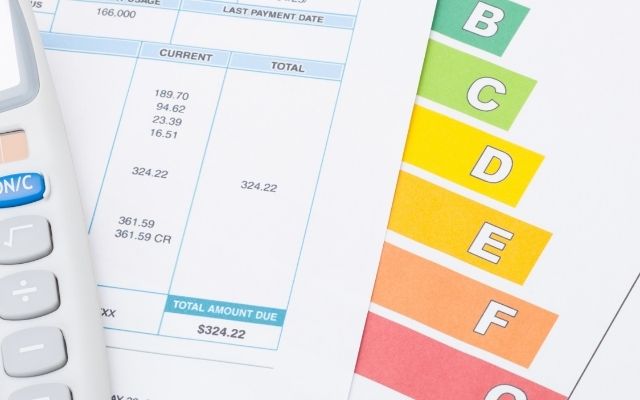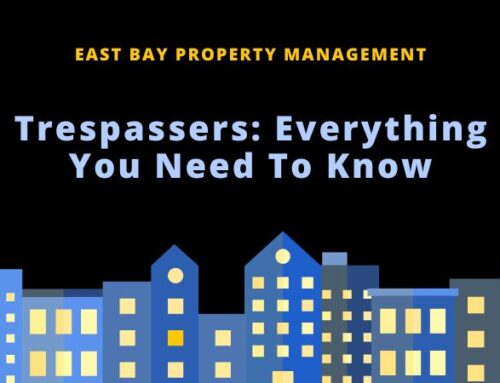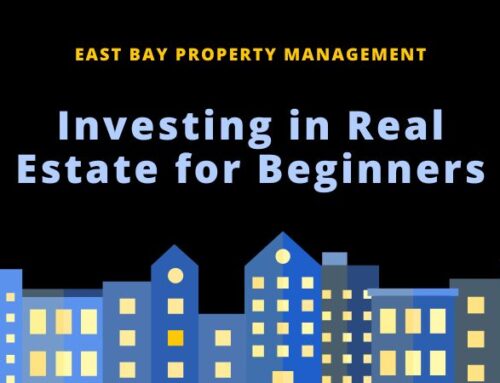Becoming a landlord is a great way to generate a business on the side and earn passive income. Naturally, you may be curious about the tax-deductible aspects of your up-and-running rental property. In the following article, we’ll go over the top 6 tax deductions for rental property owners, starting at the bottom and working our way up.
6. Repairs
Any repair that you perform on your property is a tax-deductible expense. While it may be a broad category, any maintenance expense is now tax deductible. Now, if it’s a capital expense, such as the replacement of a roof, it has to be amortized over a period of years. Your CPA can help you with that.
However, the IRS has tightened its restrictions regarding maintenance, and so you have a threshold limit. For example, if you were to replace all the appliances in your kitchen, that expense would also have to be amortized over a period of years. All in all, essentially any repair is a tax-deductible expense.
5. Insurance
At the end of the year, all you have to do is simply take your insurance bills and give them to your accountant. No matter whether the bills correspond to your landlord insurance or your umbrella insurance, insurance is completely tax deductible.

Moreover, even your personal insurance can be included, so long as part of it can be tied to your property. With tax deductible insurance, you could save a few dollars as a property owner.
4. Property Management Fees
These fees don’t just mean a percentage of your gross rents that your property manager is charging you, but any other fees as well, such as a leasing fee or a maintenance fee. Such as with East Bay Property Management and Consulting, these are fees that we don’t charge, but any and all management fees are tax deductible. This puts your property management fee into perspective. We charge a 7.9% fee for any single-family home condo or townhouse and if you’re in the 30% tax bracket, that reduces the actual out-of-pocket feed to about 5-5.5%, so it’s quite a bargain when you discover that it’s tax-deductible.
3. Travel Expenses
As a property owner, one of your responsibilities is making sure that the property under your care is in top shape. Doing this requires you to regularly check up on the rental. Be it visiting your property or going to do work on your property, a portion of any travel you do as a property owner can be written off as an expense. Regardless whether you live out-of-state or just across town, your travel expenses are a tax-deductible item.
2. Utilities and HOA
Utilities are provisions for your tenants, such as electricity and cable. Any utilities used between tenants that are in your name are tax deductible.

Your HOA is also tax deductible, which often includes your water and garbage that you’re paying for and providing to your tenant(s).
1. Depreciation
The IRS allows this interesting tax deduction for you to write-off each year. A certain amount can be a write-off based on the depreciation schedule for your property, of which your accountant will know.
According to the IRS, they essentially say that as time goes on, your property is depreciating. This means they assume that it’s going down in value, and so it can be a tax write-off. Although those investing in rental real estate buy property with the intent that it will appreciate and not depreciate, this is a wonderful tax deduction for all rental property owners.
Here are some additional deductions to mention that didn’t make the top 6 list:
- Property taxes
- Landscaping and gardening services
- Interest on the property’s mortgage
- Advertising
- Home office
- Legal costs
A property manager can help you set up your tax-deductible items and keep track of your rental business. If you’re looking for a team that is here to support the management of your investment property, then call East Bay Property Management and Consulting today. You can contact us here through our website.





